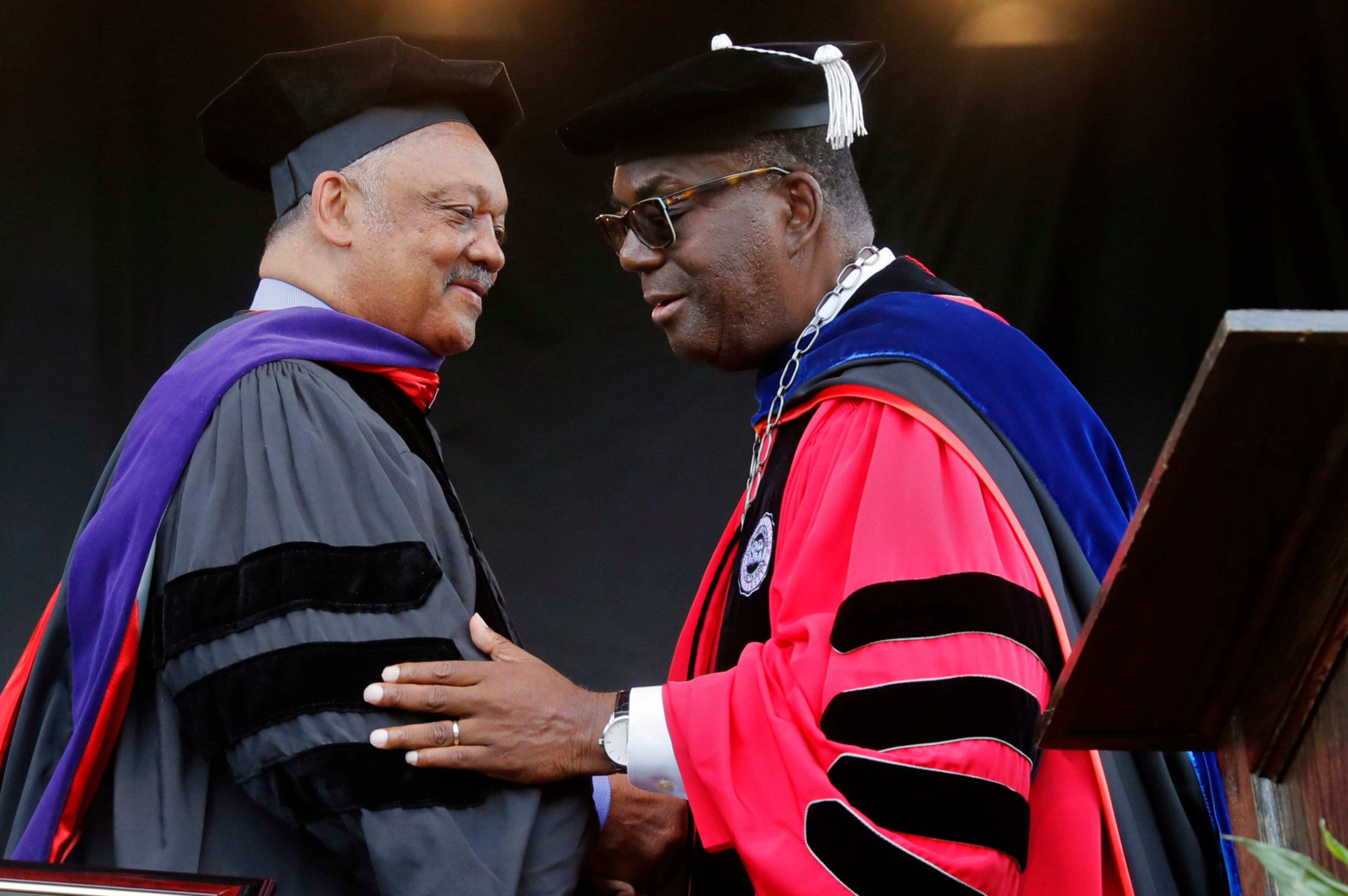Education groups should rally for AP African American Studies

Recent decisions made by Georgia State School Superintendent Richard Woods have ignited a firestorm of controversy and concern among educators, parents and students. The refusal to recommend the Advanced Placement African American Studies course, citing violations of Georgia’s divisive concepts law, represents a troubling step backward in our pursuit of a comprehensive and inclusive education system.
Georgia prides itself on its rich history and diverse population. Our state’s education system should reflect this diversity by providing students with a broad and inclusive curriculum. However, Woods’ decision undermines this principle by denying recognition to an AP course that offers invaluable insights into African American history and culture. This decision is especially perplexing given that AP European History is offered and recognized for college credit and consideration for the HOPE Scholarship.

The AP African American Studies course was carefully developed by educators and scholars to offer a rigorous and balanced perspective on the African American experience. To suggest that this course violates the state’s divisive concepts law, particularly on the topic of intersectionality, is to fundamentally misunderstand the educational value and importance of diverse perspectives in our curriculum.
Woods’ recent statement apologizing for the communication failures surrounding his decision does little to address the core issue. While he emphasizes his commitment to following the law, it is crucial to recognize that laws, especially those that are inherently flawed or discriminatory, should be challenged and reevaluated.
The divisive concepts law in Georgia, much like the apartheidlike regulations of the past, selectively targets and undermines educational content that is vital for fostering a well-rounded and inclusive understanding of history.
The timing of this decision, coming just a week before the start of the school year, has left students and educators scrambling. It sends a disheartening message to our African American students and other students of color that their histories and experiences are less worthy of study and recognition. This not only hampers their educational opportunities but also perpetuates a system of inequality and exclusion.
Our state’s education alliance must continue to fight against this madness. We need to advocate for policies that promote inclusivity and understanding rather than those that sow division and ignorance. The argument that local control justifies these decisions is reminiscent of the states’ rights arguments used to uphold segregation and discrimination. We cannot allow history to repeat itself under the guise of legal compliance.
Furthermore, the implication that schools can offer an African American Studies course, but not as an AP class, creates unnecessary barriers for students seeking college credit and diminishes the perceived value of African American history. It is a contradiction that students can take the AP test and potentially earn college credit, yet the course itself is not recognized for the HOPE Scholarship. This inconsistency must be addressed to ensure fair access to educational opportunities.
In closing, we must remain vigilant and proactive in defending the integrity of our education system. The future of our students depends on our willingness to stand up against unjust laws and decisions. Let us work together to ensure that every student in Georgia has access to a diverse, inclusive and comprehensive education that prepares them for the complexities of our world.
Georgian Otha E. Thornton Jr. served as the 53rd National PTA president and worked in White House communications under President Barack Obama. A retired U.S. Army lieutenant colonel, Thornton unsuccessfully ran for state school superintendent against Richard Woods in 2018.


